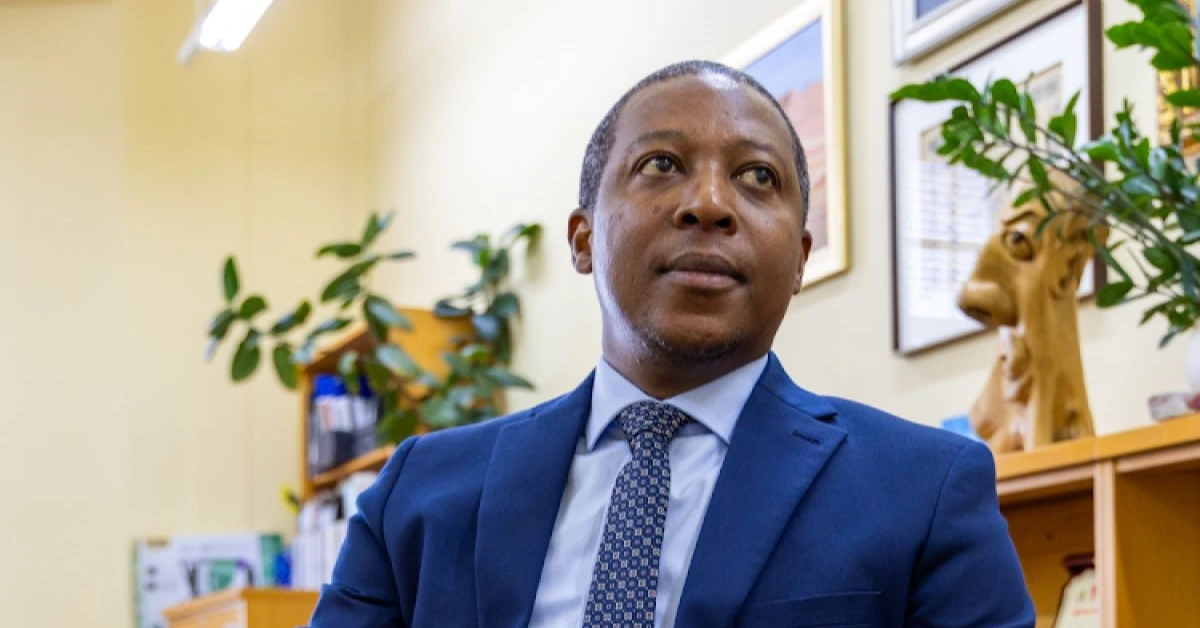
SOUTH AFRICA – The South African Medical Research Council (SAMRC) has urged African leaders to step in and address the financial shortfall caused by recent U.S. aid cuts.
The organization warns that these cuts could have “catastrophic consequences” for health research across the continent.
The U.S. government’s decision to halt funding has left a major gap in financing critical health programs, particularly in South Africa, which heavily relies on U.S. support for HIV and tuberculosis (TB) research.
According to the SAMRC, about 28% of its 2025/26 budget was expected to come from U.S. government sources.
“The loss of funding will severely impact life-saving programs, ongoing research, and the future of health innovation in Africa,” said Professor Ntobeko Ntusi, President and CEO of the SAMRC.
The U.S. administration cited disagreements over South Africa’s land expropriation policies and its foreign policy stance as reasons for the aid freeze. The cuts have had an immediate effect, with numerous health programs being forced to shut down.
Termination letters
Following the announcement, termination letters were sent to NGOs worldwide, informing them that their funding was being withdrawn “for convenience and the interests of the U.S. government,” according to sources.
The letters stated that Secretary of State Marco Rubio and USAID officials determined that continuing these programs was “not in the national interest.” As a result, nearly 10,000 USAID contracts were terminated.
In Somalia, U.S.-based humanitarian group Alight had to close the only health clinics in 13 communities, cutting off access to care for thousands. The organization also had to stop providing therapeutic nutrition to 1,700 malnourished children each day.
The cuts have particularly impacted the President’s Emergency Plan for AIDS Relief (PEPFAR), a U.S.-funded initiative credited with saving over 26 million lives globally since its launch in 2003.
In South Africa, which runs the world’s largest HIV program, the funding freeze threatens treatment for 5.5 million people.
“We will see lives lost,” warned Professor Linda-Gail Bekker, director of the Desmond Tutu HIV Center. The center, which played a key role in discovering an injectable drug that prevents HIV infections, has lost its USAID funding.
Bekker noted that they initially expected funding cuts to target programs serving marginalized groups, such as sex workers and LGBTQ+ communities. However, she was shocked to see that almost every HIV program lost its funding.
“This has been across the board,” she said. “These are programs for children, orphans, young women, and girls. It is not hyperbole to predict a huge disaster unless we can fill the gap.”
Health organizations warn that without urgent action from African governments and global partners, millions could lose access to life-saving treatments. The SAMRC is calling for alternative funding solutions to prevent a major public health crisis.
XRP HEALTHCARE L.L.C | License Number: 2312867.01 | Dubai | © Copyright 2025 | All Rights Reserved